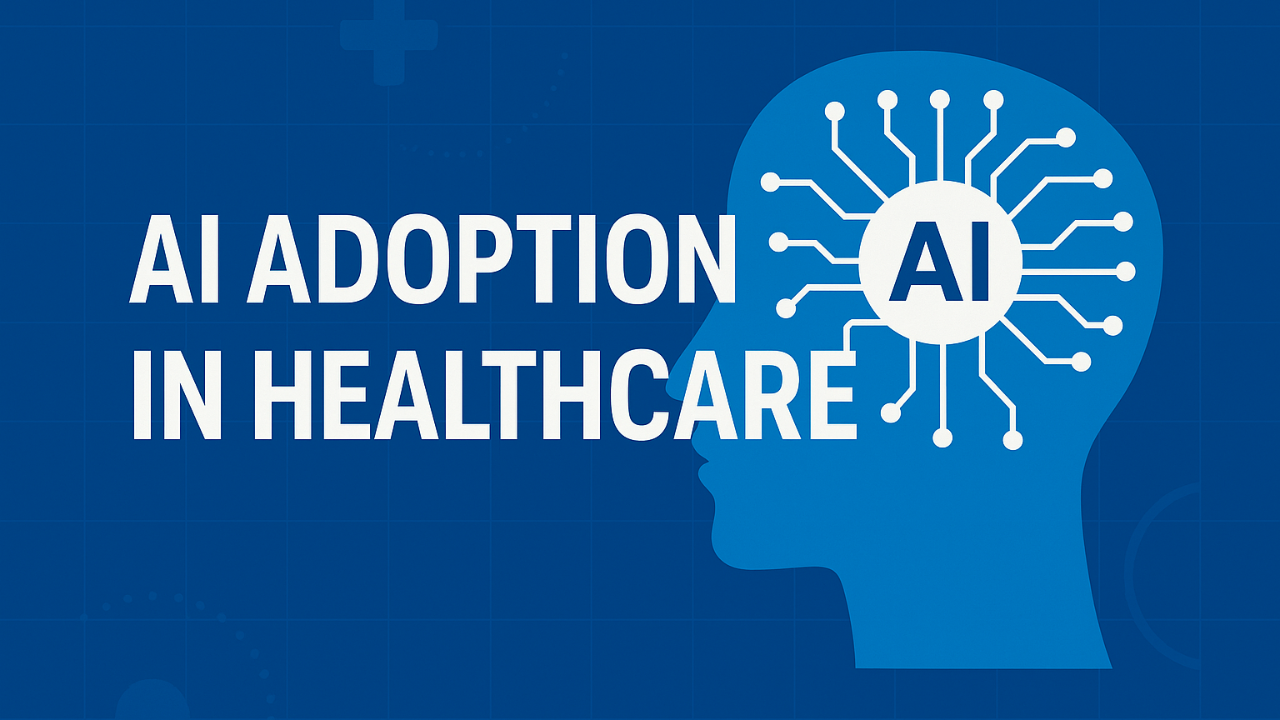OpenEvidence’s $200M Raise & What It Means for Healthcare
OpenEvidence — the "ChatGPT for doctors" — just raised $200 million at a $6 billion valuation, a move that underscores how rapidly AI adoption in healthcare is accelerating. Trained on trusted journals like The New England Journal of Medicine and JAMA, this specialist platform handles around 15 million clinical consults a month and is free for verified clinicians via an ad‑supported model. Investors are betting big on niche healthcare AI—but what does that mean for you?
Quick facts
| Item | Insight |
|---|---|
|
|
|
|
|
|
|
|
|
|
|
|
🩺 Moonlyte Health Blog Post: AI Adoption in Healthcare — Moving From Hype to Impact

Title:
AI Adoption in Healthcare: Practical Lessons for Clinicians and Leaders
Description:
Explore how AI is reshaping healthcare—from diagnostics to workforce support—and what leaders can do to drive responsible, impactful adoption.
Keyword:
AI adoption in healthcare
AI Adoption in Healthcare: Moving From Hype to Impact
Across healthcare, artificial intelligence has moved from concept to clinical necessity.
A 2025 Bessemer Venture Partners survey found that 95% of healthcare leaders believe generative AI will transform the industry—but most organizations are still figuring out how to turn that potential into real outcomes.
At Moonlyte Health, we see AI adoption in healthcare as an operational and clinical opportunity. When done right, it improves accuracy, reduces friction, and restores meaning to the physician’s workday.
Below are four areas where AI is already showing measurable results—and what it takes to make those gains sustainable.

